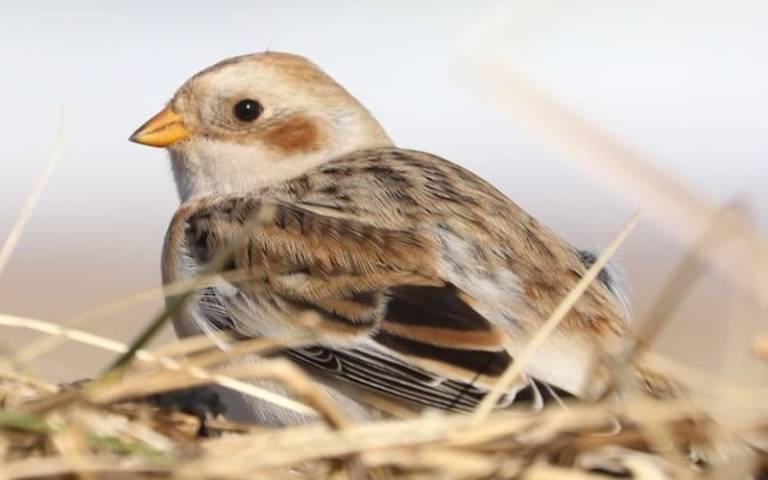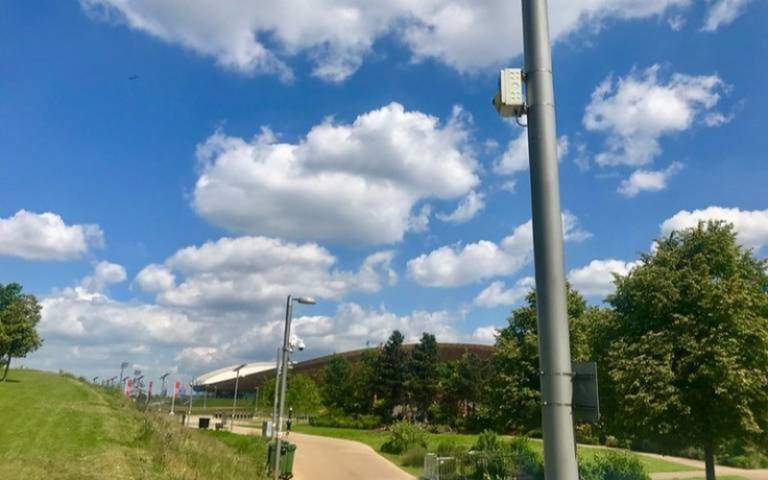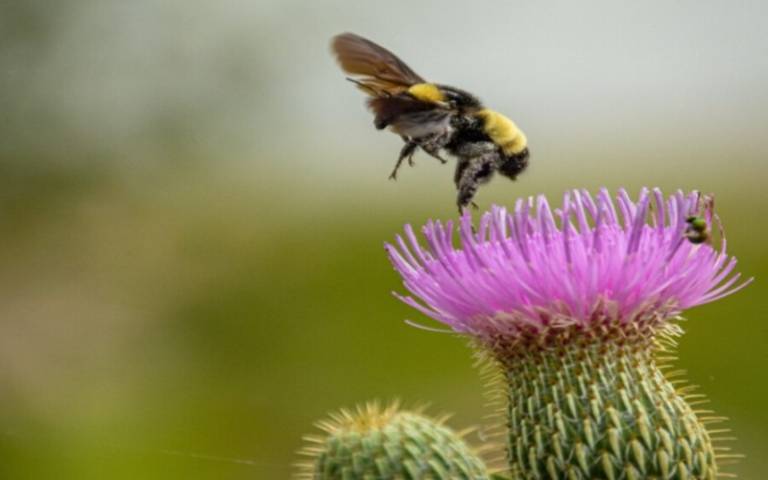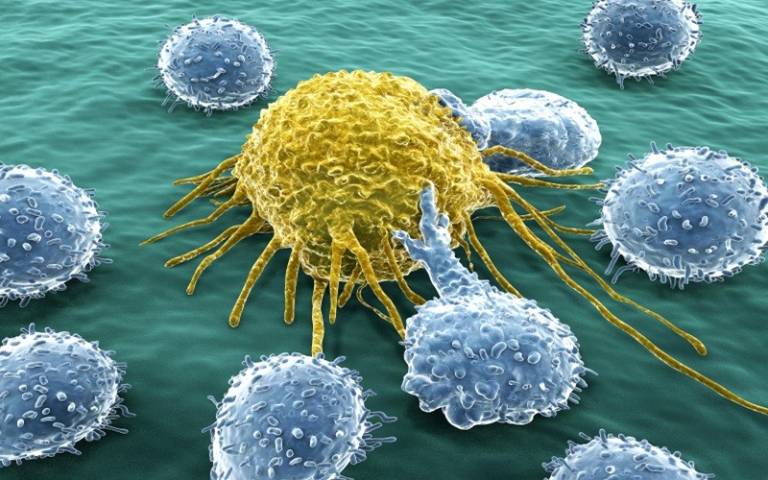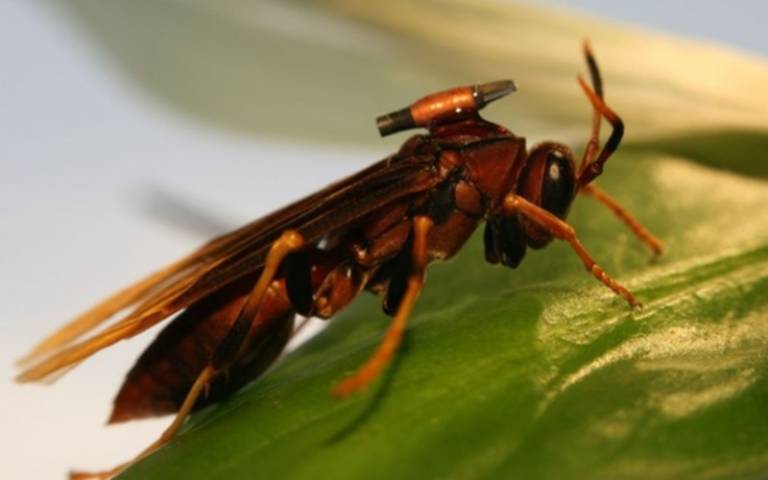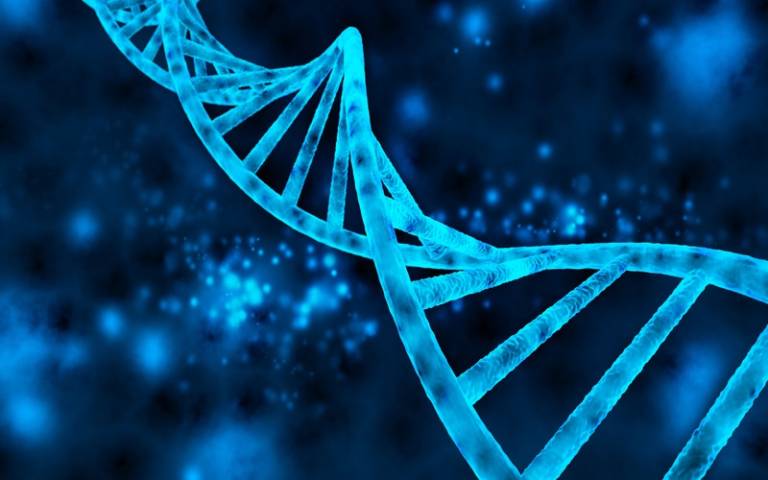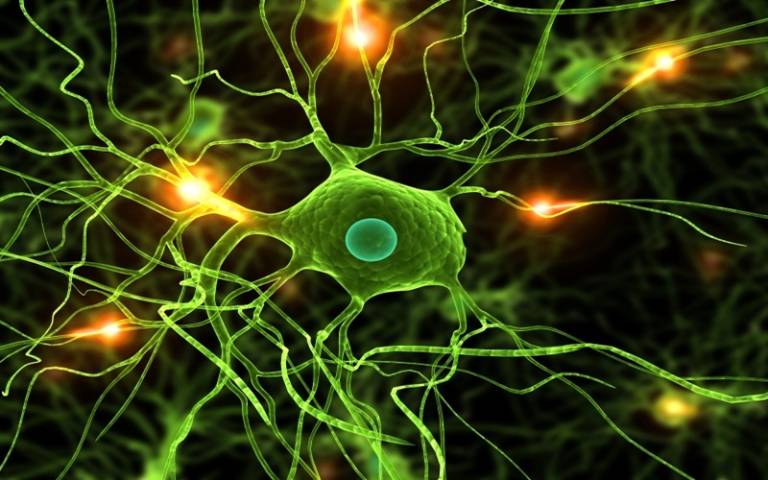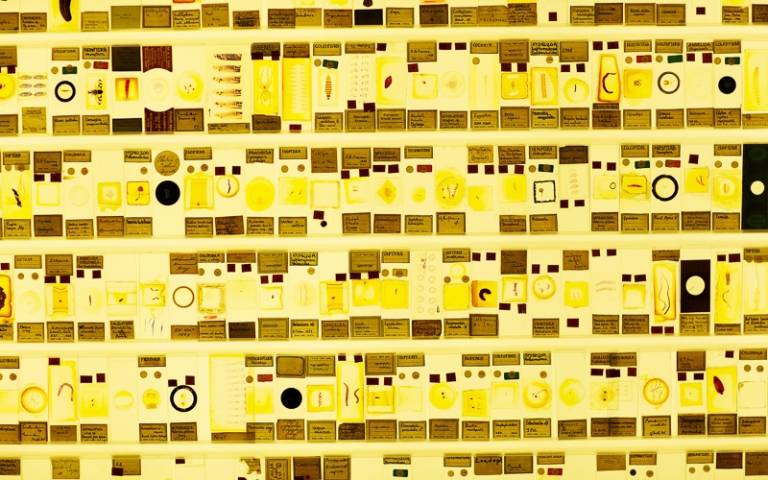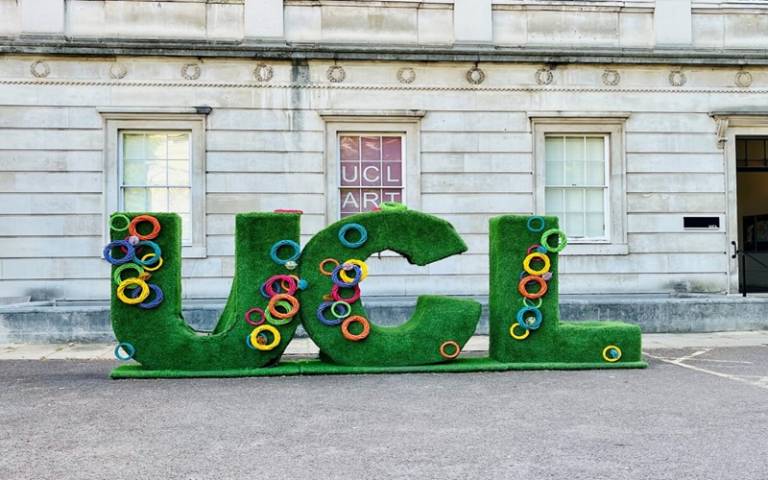The UCL Division of Biosciences is one of the largest and most research-active environments for basic biological and biomedical research in the UK with an impressive international reputation.
Research interests in our division span the scales from molecules to organisms including humans, all the way to the global environment. We have unique expertise in structural and molecular biology, evolutionary biology, genetics, ecology, cell biology, development and neuroscience.
All our Master’s degrees involve individual research project(s) under the supervision of experienced researchers within our division or one of our partnering departments or institutions.
Our stellar research and research-led teaching both make the UCL Division of Biosciences the ideal place to undertake a Master’s level degree. With over 140 Master’s students choosing to study in UCL Biosciences each year, a lively and stimulating experience is ensured.
Many of our students are based at our historic Bloomsbury campus, with access to cutting-edge research facilities in the heart of central London. With the recent opening of the modern UCL East campus in Stratford hosting our brand-new Ecology MSc programmes, there has never been a more exciting time to join us.
MRes Programmes
Undertake a major bioscience research project in a chosen specialist subject ranging from molecular and cellular biology to anatomy and evolution, each with a dedicated tutor, and receive training in core research skills. This programme is ideal for pursuing a PhD or research career in academia or industry.
Apply for this course
Running in collaboration with the Institute of Zoology and the Natural History Museum, this programme provides rigorous training and unparalleled opportunities across the full breadth of scientific research in evolution, ecology and conservation.
Apply for this course
MSc Programmes
Bridges the gap between research, policy, and practical application. It acknowledges the imperative for a collaborative approach across various sectors to tackle pressing global issues like health disparities, climate change, and the biodiversity crisis.
Apply for this course
Equips you with the tools to design spaces that work with and for nature, bridging the gap between ecosystems and the artificial landscape. You will learn how to shape our surroundings and how to design and build urban spaces for biodiversity benefits.
Apply for this course
Teaches the application of biodiversity science, evolutionary and ecological processes underpinning biodiversity, and computational techniques in conservation. Includes an individual research project and field trip. Ideal for pursuing careers in applied conservation, environmental policy and environmental management.
Apply for this course
This course offers a tailored learning experience and research training in biomedical sciences, providing skills for a range of employment options. Our biomedical research includes structural and molecular biology, genetics, developmental biology, physiology, pharmacology and the neurosciences.
Apply for this course
An interdisciplinary degree involving both practical and theoretical training. Aimed to teach students the use of data science, citizen science, sensor technologies, and applied artificial intelligence for ecosystem and wildlife monitoring and management, helping us understand and reverse catastrophic global biodiversity loss.
Apply for this course
Provides students with an in-depth knowledge of molecular genetics, quantitative and statistical genetics and human disease, and application to healthcare through development of diagnostic tests and therapeutic agents.
Apply for this course
Our largest Master’s programme, providing experience in cutting-edge neuroscience, delivered by internationally recognised researchers. Involves a substantial research project and teaches at broad scales from neurotransmitters, synapses and circuits, to neuroanatomy, behaviour and cognition.
Apply for this course
Find out more about current funding opportunities.
Explore our faculty in more detail.
 Close
Close



